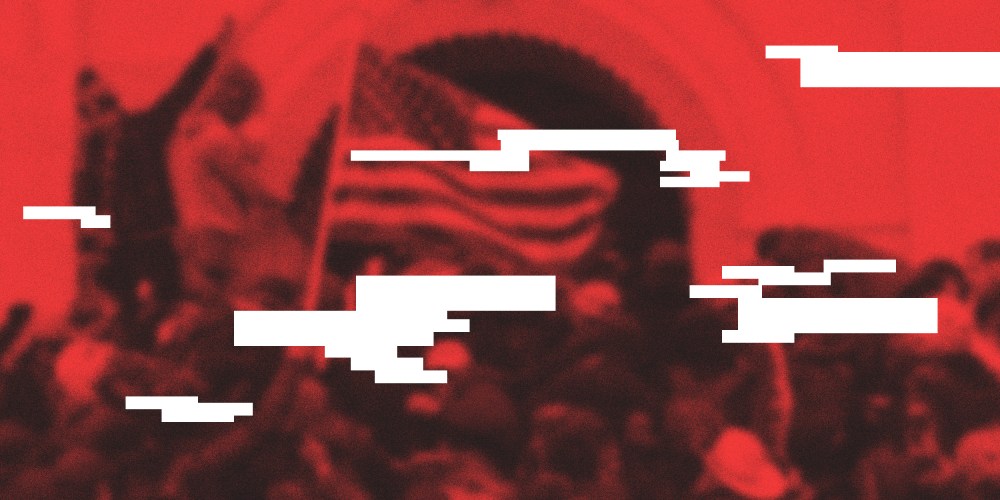There was a moment, albeit brief, when it seemed like Republicans and Democrats could come together and launch an investigation into a violent riot that forced all 541 representatives, senators and delegates to seek safety in a secure location. Then, on Tuesday morning, House Minority Leader Kevin McCarthy, R-Calif., erased any hope that any investigation would have the full Congress’ support.
In his attempt to scuttle the deal, negotiated between the chair and the ranking member of the House Homeland Security Committee, McCarthy probably thought he was doing what was best for his members. But in blocking an examination of what happened on Jan. 6, he and his counterparts are declaring former President Donald Trump’s feelings more important than their own well-being. Moreover, they’re leaving the doors to the Capitol open for another — and perhaps more successful — attempt to subvert democracy through violence.

The deal that Reps. Bennie Thompson, D-Miss., and John Katko, R-N.Y., hammered out included several concessions from Democrats. An independent panel of 10 commissioners — five chosen by the speaker of the House and the Senate majority leader, five by the minority leaders — would be able to issue subpoenas, but they would require either concurrence between the chair and vice chair or a majority vote. The only guidance the announcement Friday gave about the commissioners’ qualifications was that they can’t work for the government and that they have to have “significant experience in areas of law enforcement, civil liberties, privacy, intelligence, and cybersecurity.”
“The only other thing we concluded was that we wanted this commission to be productive, so no one from Congress can be on it,” Katko said Tuesday.
But this was a bit of kidding on the square. Congress has already shown that public attempts to investigate the Jan. 6 riot will go, well, poorly. And though I’d rather have an investigative committee with potential pitfalls than none at all, the deal on the table leaves open the option for McCarthy and Senate Minority Leader Mitch McConnell, R-Ky., to appoint a set of cranks who would water down any reference to Trump’s role in inciting the rioters.
Maybe McConnell and McCarthy thought such sabotage would be too obvious. So instead, people like Sen. Roy Blunt, R-Mo., are arguing that the commission would somehow slow efforts to reform the Capitol Police. Many Republicans have claimed they’d want any examination of Jan. 6 to also look at antifa and left-wing violence during anti-police-brutality protests last year. Sen. Chuck Grassley, R-Iowa, implied as much to Politico, raising the specter of a Republican filibuster if the commission plan reached the Senate.

So even though Democrats have the votes to get the commission through the House, McCarthy’s opposition gives GOP senators the cover they need to try to block the legislation.
“Given the political misdirections that have marred this process, given the now duplicative and potentially counterproductive nature of this effort, and given the Speaker’s shortsighted scope that does not examine interrelated forms of political violence in America, I cannot support this legislation,” McCarthy’s statement read. A memo from House Minority Whip Steve Scalise, R-La., that evening made it clear that the GOP leadership was recommending strongly that its members vote against the deal.
It’s been less than a week since the GOP voted to remove Rep. Liz Cheney of Wyoming from her leadership position for daring to dwell on the past. Meanwhile, more genteel Republicans, like McCarthy, exude an aura of “let bygones be bygones,” a desire to forgive and — more important — forget. More incendiary members, like Rep. Andrew Clyde, R-Ga., insist that there was never any threat from the rioters, despite having personally helped barricade the House chamber in January. And the most extreme lawmakers seem to prefer to see the Capitol defenseless, labeling Justice Department investigations into rioters as “persecution.”
But McCarthy isn’t focusing on the future, as he claims. In reality, the exact opposite is true: The GOP is tethered to the past four years, unable to sever its link with Trump — and the connection Trump still has with the conservative base.













